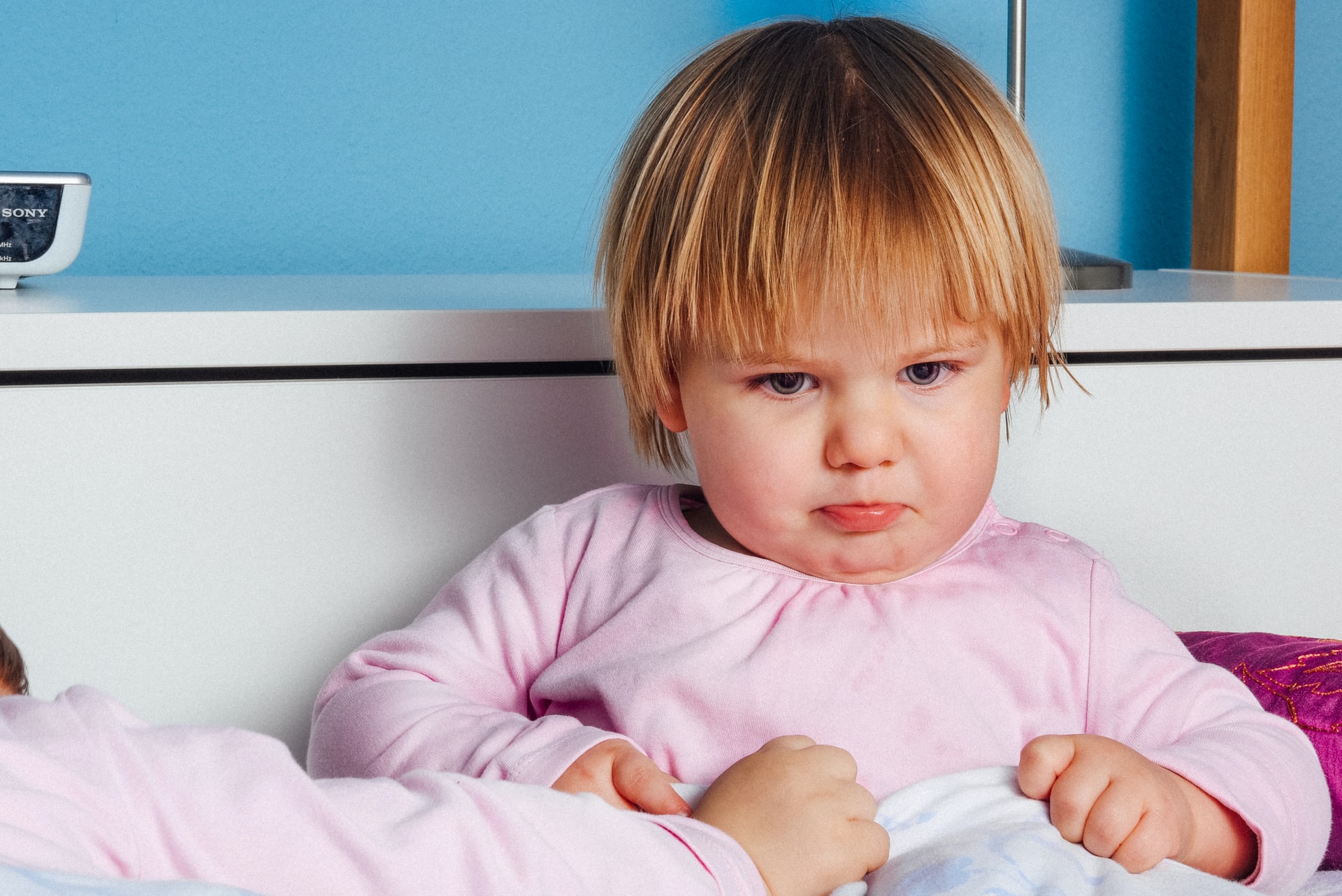Children Dealing With Grief
Author: Brenda HarkinsGrief is pain that is felt due to a loss in our lives. Death is primarily what comes to mind when we think of grieving.
However, many children in our society suffer grief due to the divorce of their parents. Such great loss, whether from death or divorce, must be handled with tremendous sensitivity if the child is to move through the grieving process into a place of healing.
Children need a safe place to share their feelings. They need to be able to talk about their memories, laugh over good times, and cry over their pain. Sometimes well-meaning adults, due to their own lack of comfort with the subject, try to keep children from talking about their loss. Some adults simply can’t stand to see their children hurting. Put it behind you, they may say, or, Talking about it won’t change things. True, talking about it won’t change the loss. But it certainly can change the emotional well-being of the children.
Allow your children to grieve.
Encourage them to talk about their feelings. Memories of time spent with their loved one are valuable treasures, so listen attentively as they relay another story they remember. The more opportunities they are given to express their feelings, the better chance they have for emotional healing.
Sensitivity in Hard Times
People sometimes have the tendency to categorize loss on a scale of least important to most important. Was it a parent, or just an uncle Was it a family member, or just a friend Remember that all loss is painful. Guard against rating the pain. Respectfully consider the feelings of the grieving child. If a child starts to talk about the missing person or relationship, then by all means take it seriously and listen.
All loss is painful
Divorce or death of a parent is the most difficult grief a child can experience. In the event of divorce, it is important for both parents to express their love to the children and stay involved in their lives. Children need to be told the loss is not their fault. Added fuel to an already smoldering fire is the addition of a stepparent. Many times the introduction of a new parent into the children’s lives can start the grieving process all over again. Children may feel frightened that if they love a stepparent they might lose him or her, too. Or they may feel disloyal to the absent parent if they were to love and accept a stepparent. Again, providing a safe environment for them to talk about those feelings is extremely important to their overall emotional health.
These children have been emotionally ravaged, and it will take time, understanding, and much love to heal. Grant them all the time they need. Listen with the intent to understand. Then love them through the hurt, so they can heal.
